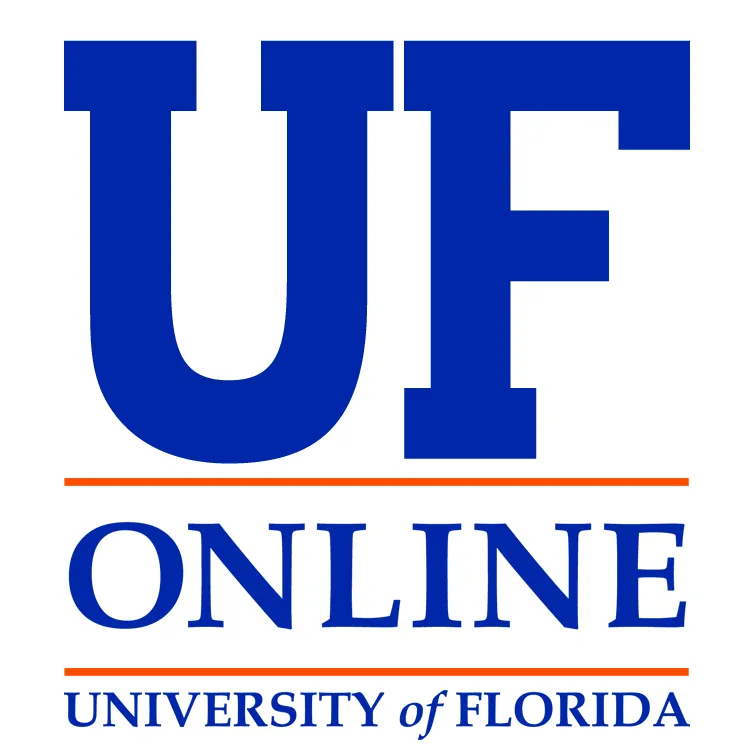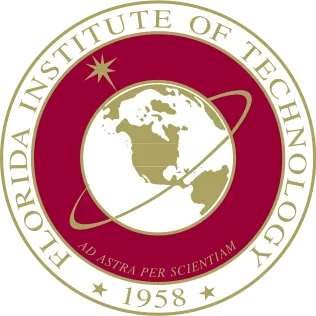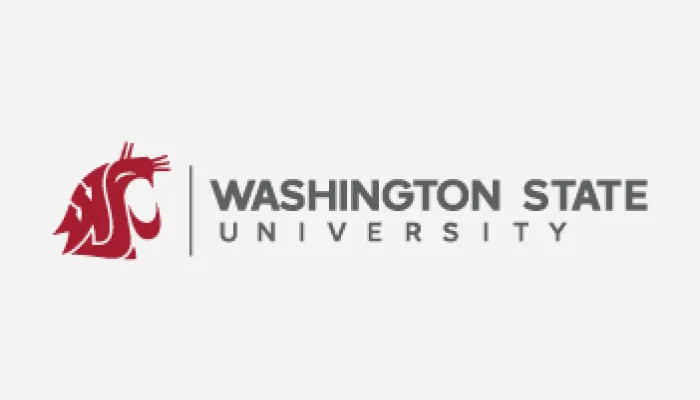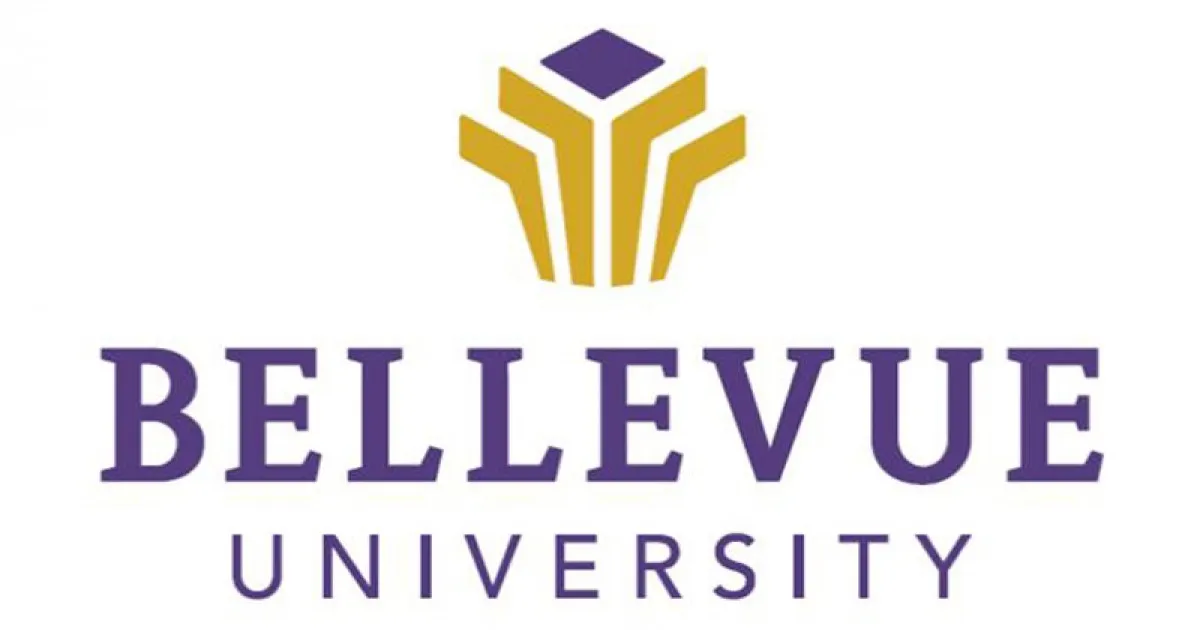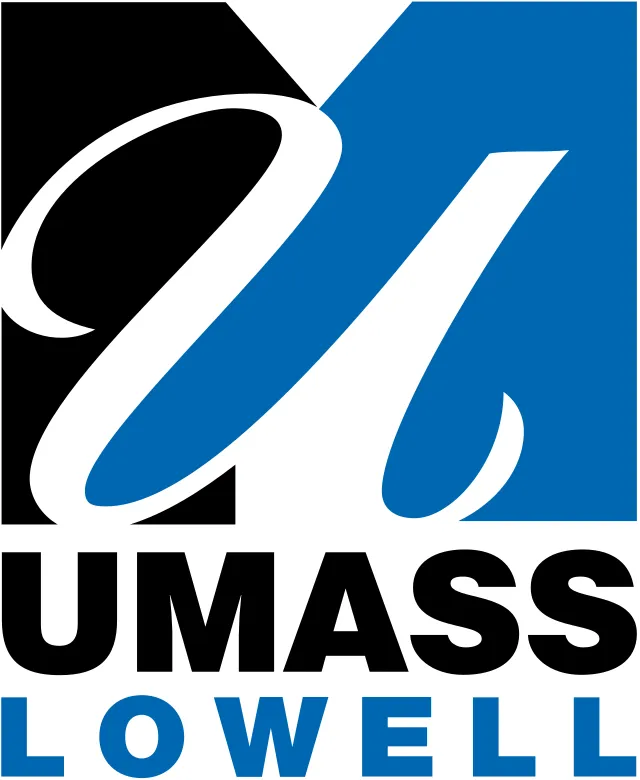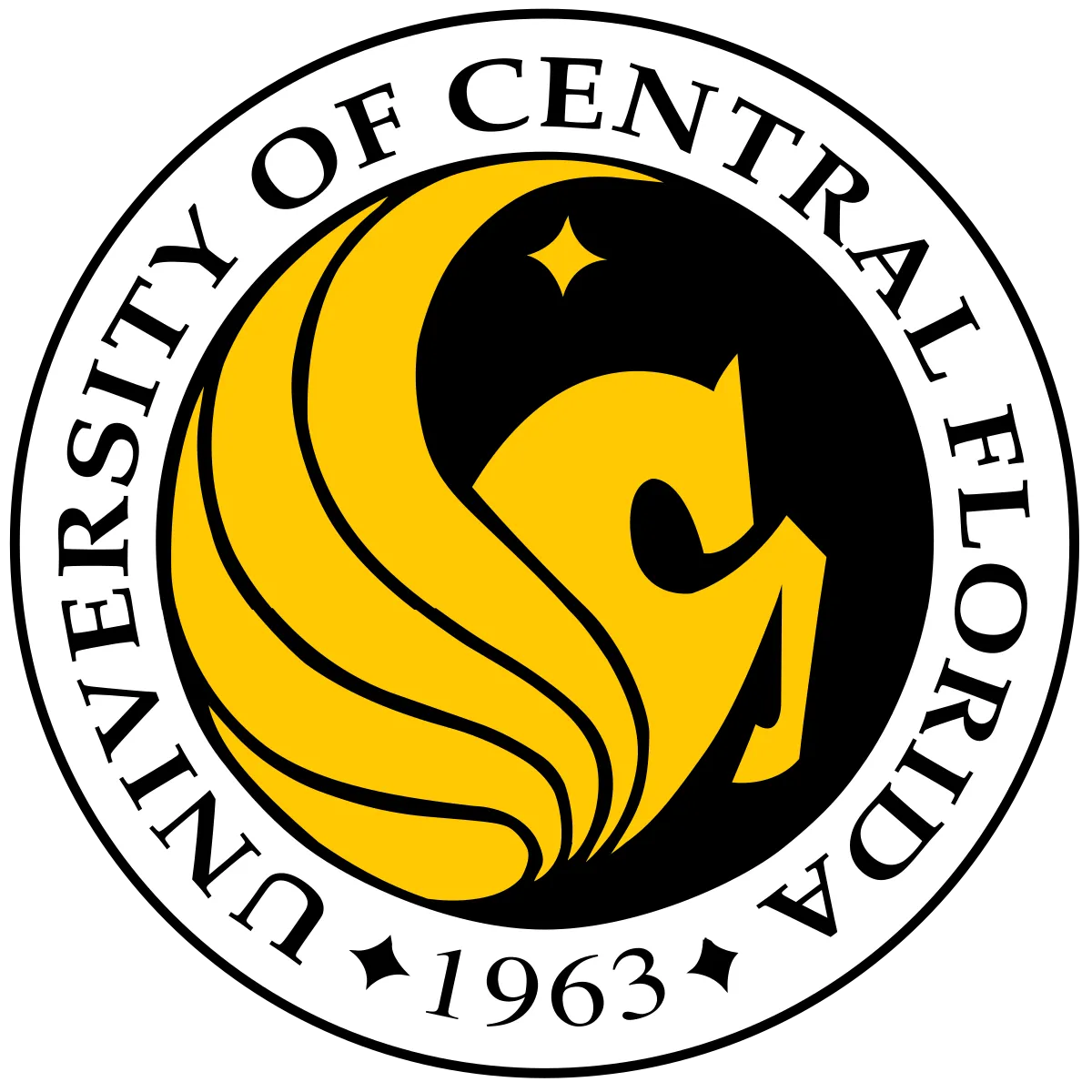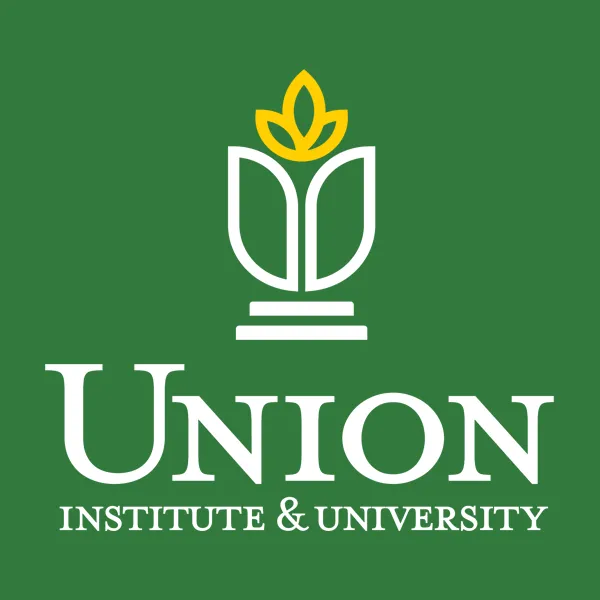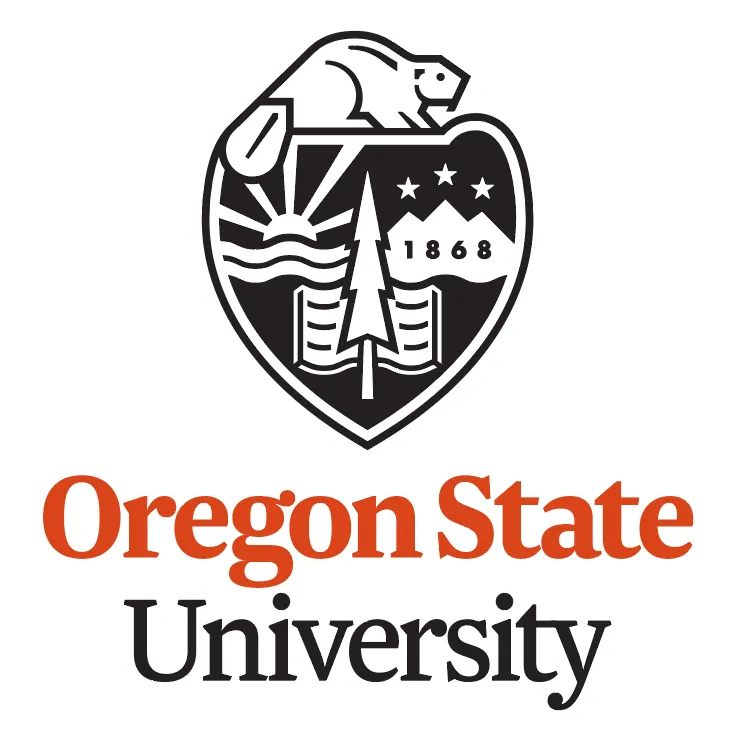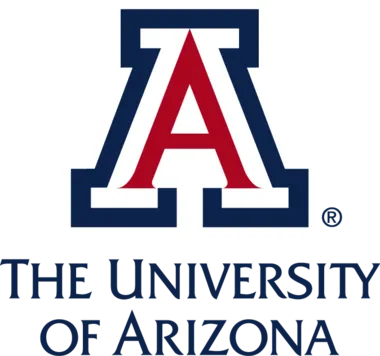Best Accredited Online Colleges 2023
Online colleges can be convenient and cost-effective. Discover the best accredited online colleges below.
Best Accredited Colleges
Pros and Cons of Online Degrees
Pros of Online Degrees:
Flexibility: Online degrees allow students to study at their own pace and on their own schedule, making it easier for those with full-time jobs, family commitments, or other responsibilities to pursue higher education.
Accessibility: Online degrees can be pursued from anywhere in the world, which is especially beneficial for individuals who don't live near a traditional college or university.
Cost-Efficiency: Online programs often have lower tuition costs than their on-campus counterparts. Additionally, you can save money on commuting, housing, and campus-related expenses.
Diverse Course Offerings: Online education opens up a wide range of programs and courses, making it easier for students to find the specific degree or specialization they're interested in.
Improved Technology Skills: Students who pursue online degrees tend to become more proficient in using technology, which can be a valuable skill in today's job market.
Self-Discipline: Online learning requires a significant amount of self-discipline, which can help students develop time management and organizational skills that are transferable to their careers.
Cons of Online Degrees:
Lack of In-Person Interaction: Online degrees often lack the face-to-face interaction with professors and peers, which can limit networking opportunities and personal connections.
Less Accountability: Some students may struggle with the absence of regular in-person classes and may find it challenging to stay motivated and on track.
Potential for Distractions: Studying from home or other non-traditional settings can expose students to distractions, making it harder to concentrate on coursework.
Limited Hands-On Experience: Some fields, such as healthcare or lab-based sciences, require hands-on experience that can be challenging to replicate in an online environment.
Perceived Credibility: While online degrees from reputable institutions are widely accepted, some employers and industries may still have reservations about the credibility of online education.
Technology Issues: Technical problems, such as internet connectivity issues or computer malfunctions, can disrupt the learning process and cause frustration.
Isolation: Online students may experience a sense of isolation, as they miss out on the social aspects of on-campus education, like clubs, events, and campus life.
How to Choose Online College
Define Your Educational Goals:
Determine your academic and career goals. What degree or program are you interested in pursuing, and what are your long-term objectives?
Accreditation:
Ensure that the online college you're considering is accredited by a recognized accrediting body. Accreditation ensures that the institution meets certain quality and academic standards.
Programs and Majors:
Verify that the online college offers the specific programs or majors you are interested in. Check if they have a variety of courses and concentrations within your field of study.
Course Delivery and Format:
Review the online learning format. Are the courses synchronous (live classes at set times) or asynchronous (self-paced)? Choose the format that aligns with your schedule and learning style.
Technology Requirements:
Make sure your computer and internet connection meet the technical requirements for the online college's learning platform. Some programs may have specific software or hardware requirements.
Tuition and Financial Aid:
Compare the cost of tuition and fees for different online colleges. Consider your budget and look into financial aid options, scholarships, and grants to help fund your education.
Transfer Credits:
If you have prior college credits, check if the online college accepts transfer credits. This can help you save time and money by not retaking courses.
Faculty Credentials:
Investigate the qualifications and expertise of the faculty members. Experienced and well-qualified instructors can enhance your learning experience.
Support Services:
Evaluate the availability of support services, such as academic advising, career counseling, technical support, and library resources. These services can be critical to your success.
Reputation and Reviews:
Research the online college's reputation. Look for reviews and testimonials from current and former students. Online forums and social media can be valuable resources for gathering information.
Graduation and Retention Rates:
Review the college's graduation and retention rates. High retention and graduation rates often indicate student satisfaction and support systems.
Flexibility:
Consider the level of flexibility the online college offers. Does it allow you to balance your education with work, family, or other commitments?
Career Services:
Look into the career services and job placement assistance provided by the college. Strong career support can help you transition into the workforce successfully.
Alumni Network:
Investigate whether the college has an active alumni network that can provide valuable connections and opportunities.
Location of the College:
While you'll be studying online, the physical location of the college can still be relevant. Some colleges may have resources, partnerships, or networking opportunities in certain geographic areas.
Reviews and Personal References:
Seek out reviews and speak with current or former students to gain insight into their experiences with the college.
Visit Virtual Open Houses:
Many online colleges offer virtual open houses or information sessions. Participate in these events to get a feel for the institution, its programs, and its culture.
Application Process and Deadlines:
Familiarize yourself with the application process, deadlines, and admission requirements. Ensure you meet all the prerequisites.
Gut Feeling:
Trust your instincts. Consider whether the online college aligns with your values, goals, and personal preferences.

